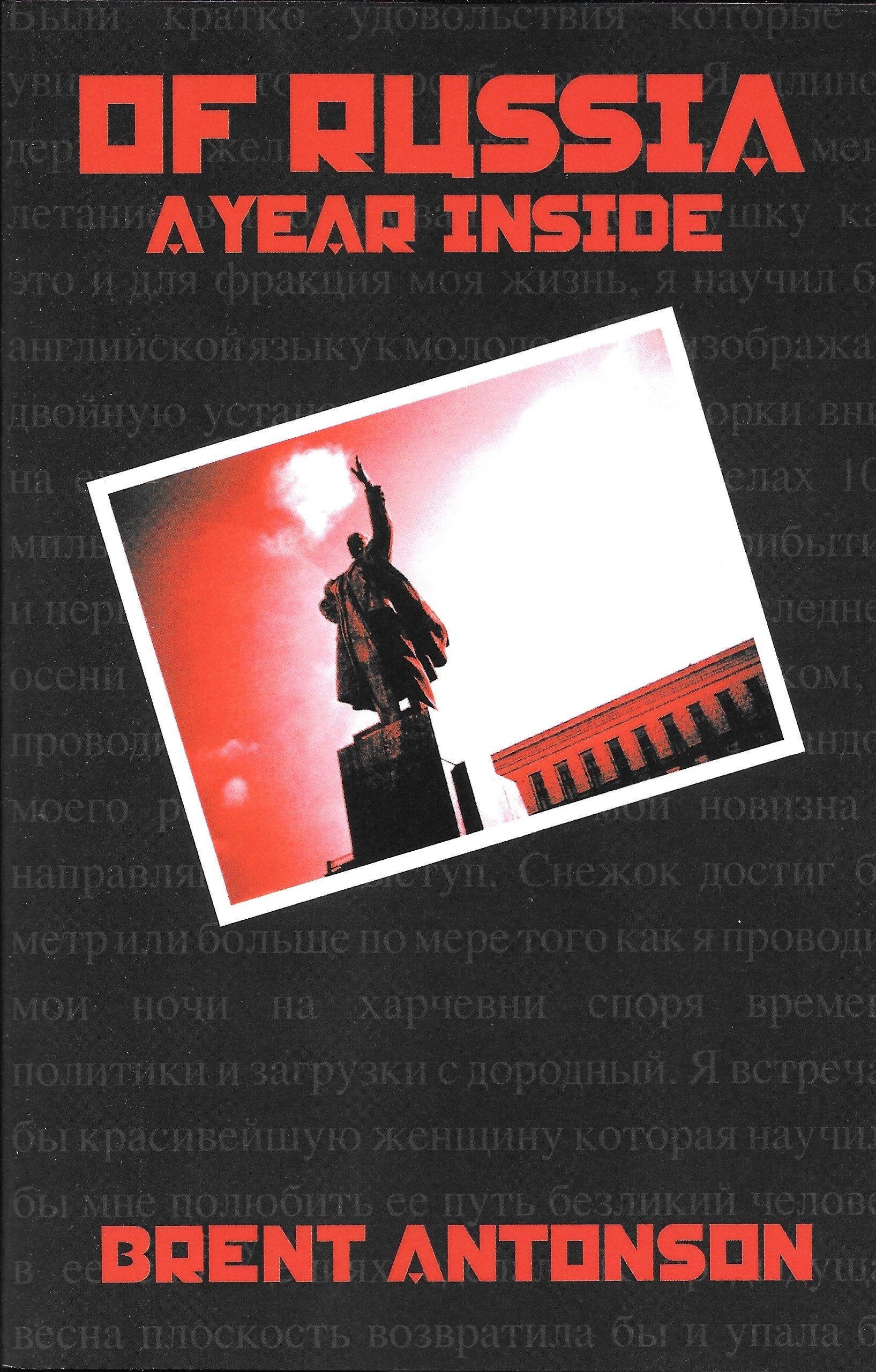The Unfinished Revolution: How We Betrayed the Digital Age and the Next Generation
When I encountered an article claiming that only 200,000 Jews perished in Nazi camps—not six million—my initial reaction was confusion, not horror. But as images of skeletal prisoners and ash-filled crematoria resurfaced in my mind, I wondered: Does the scale of the tragedy even matter to us now? Five million, six million—these numbers blur into abstraction. I made coffee, checked the sports scores, and moved on. The dead receded into the shadows of my attention. Guilt followed. How have we become so numb to history’s atrocities, yet so consumed by the trivial?
This dissonance mirrors our relationship with technology. We handed the next generation an unfinished digital revolution—a tool meant for connection, now warped into a labyrinth of distraction and harm. The internet, launched with utopian fervor during the Arab Spring and Occupy movements, promised global unity. Instead, it birthed fragmented realities. By 2016, truth itself became contested terrain. Foreign interference, algorithmic chaos, and a president who weaponized lies left us adrift. We envisioned a self-regulated digital utopia; what emerged was a realm of anonymity, rage, and exploitation. Platforms designed for community became hunting grounds. Bullying, conspiracy theories, and pornography flourished. We failed to police this frontier, assuming collective accountability would suffice. It did not.
The digital revolution has shattered that mirror, and now the public inhabits those broken pieces of glass. So the public isn’t one thing; it’s highly fragmented, and it’s basically mutually hostile. It’s mostly people yelling at each other and living in bubbles of one sort or another.
The cost is etched into Generation Z. Studies report overwhelming stress, depression, and existential fatigue among young adults—a cohort raised on screens, steeped in crises from climate anxiety to viral misinformation. They inherited a world where "reality" is curated by algorithms, where identity is performative, and where skills like critical thinking or fixing a flat tire are overshadowed by digital dependency. We gave them boundless information but little wisdom, connectivity without communion.
Our miscalculations are stark. Social media, once a niche for college students, now hosts grandmothers and predators alike. It amplifies movements like #MeToo but also corrodes civic discourse. We dismissed the need for guardrails, trusting idealism over pragmatism. Now, we live with the fallout: a polarized public, eroded trust in institutions, and a generation navigating a world where even basic truths—1+1=2—feel negotiable.
This is not condemnation but confession. We built this. We transitioned from chat rooms to TikTok, from privacy to oversharing, from tangible skills to virtual validation. We normalized the absurd: influencers over experts, outrage over nuance, screens over sunsets. When the power fails—when the digital veil lifts—what remains? A generation unprepared for silence, stillness, or the weight of unmediated reality.
The high point of techno-democratic optimism was arguably 2011, a year that began with the Arab Spring and ended with the global Occupy movement. That is also when Google Translate became available on virtually all smartphones, so you could say that 2011 was the year that humanity rebuilt the Tower of Babel.
Yet there is perverse poetry in this unraveling. The internet mirrors humanity’s best and worst, our hunger for meaning amid chaos. It reflects a generational clash: Boomers frozen in post-9/11 trauma, Gen X nostalgic for analog simplicity, and Gen Z drowning in digital overload. We are all complicit, all casualties of progress hurtling forward without a compass.
Perhaps reckoning begins with humility. Before dismissing flat-earthers or QAnon, we must ask: What fractures in our collective psyche allowed these beliefs to thrive? Before lamenting Gen Z’s struggles, we must confront the systems we designed—and failed to mend. History’s ghosts, from Auschwitz to 9/11, demand more than passive remembrance. They require us to forge a world where truth is not relative, where technology serves rather than enslaves, and where generations to come inherit not just our innovations, but our wisdom.
The storm is here.

OF RUSSIA: A Year Inside
Brent (Brant is the Russian version) Antonson has seen a Russia few foreigners have. Indeed, few Russians. This young Canadian ventured to Voronezh, eleven hours south of Moscow by train, to spend a year inside a country torn by strife, fresh into a new century, and struggling with the clash between history and future. Tasked with teaching English to students at one university, and then a second, his story is riddled with romance and deception, and punctuated with near disaster and disappointment. Antonson's candor and insights set Russia on the edge of failure and achievement – much like the students he educated, filled with a dash of hope and a lump of fear. His wit did as much to get him in trouble as it did to keep him out of it.






